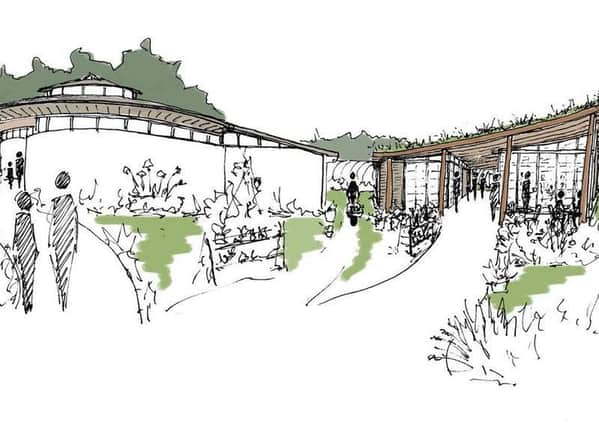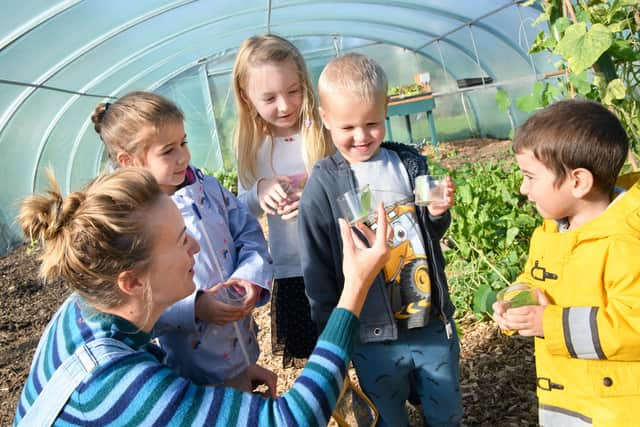Plans for new cafe and zero-waste shop at Southbourne’s Tuppenny Barn


Tuppenny Barn, which cultivates and harvests organic produce, said the new facilities would create more opportunities for the charity to support the local community.
Called ‘Transforming Tuppenny’, the project involves an eco-build community café and kitchen with indoor seating, a zero-waste shop selling fresh organic produce, a covered area for alfresco dining, a sheltered area for the use of
Advertisement
Hide AdAdvertisement
Hide Advolunteers, staff, school visit, therapy sessions and private hire and an additional multi-use study.


The building will also have a social purpose in terms of providing training or work experience for various vulnerable groups including adults with learning difficulties.
Grain Architecture, a Godalming-based design practice specialising in creating energy-efficient buildings using natural, low-carbon materials, have been appointed as architects.
Their designs use materials such as timber, earth, straw, stone, hemp and clay with the aim of creating healthy, low-impact spaces with a zero or negative-carbon.
Advertisement
Hide AdAdvertisement
Hide AdThis is achieved by combining energy-efficient design with locking up CO2 in plant-based materials.
Duncan Bryant, a Social and Therapeutic Horticultural therapist at Tuppenny Barn who is managing the project, explained that the aim was to create a facility that would help the charity achieve its charitable objectives, as well as forging closer links with the community.
He said: “’Transforming Tuppenny’ will enable us to expand our social purpose by increasing and diversifying our educational activities.
“We hope it will inspire individuals and communities to learn about and enjoy sustainable organic food and allow us to continue to invest in our invaluable employees and volunteers.
“It is also important that we are able to diversify our income streams to reduce financial risk and our reliance on small grants.”